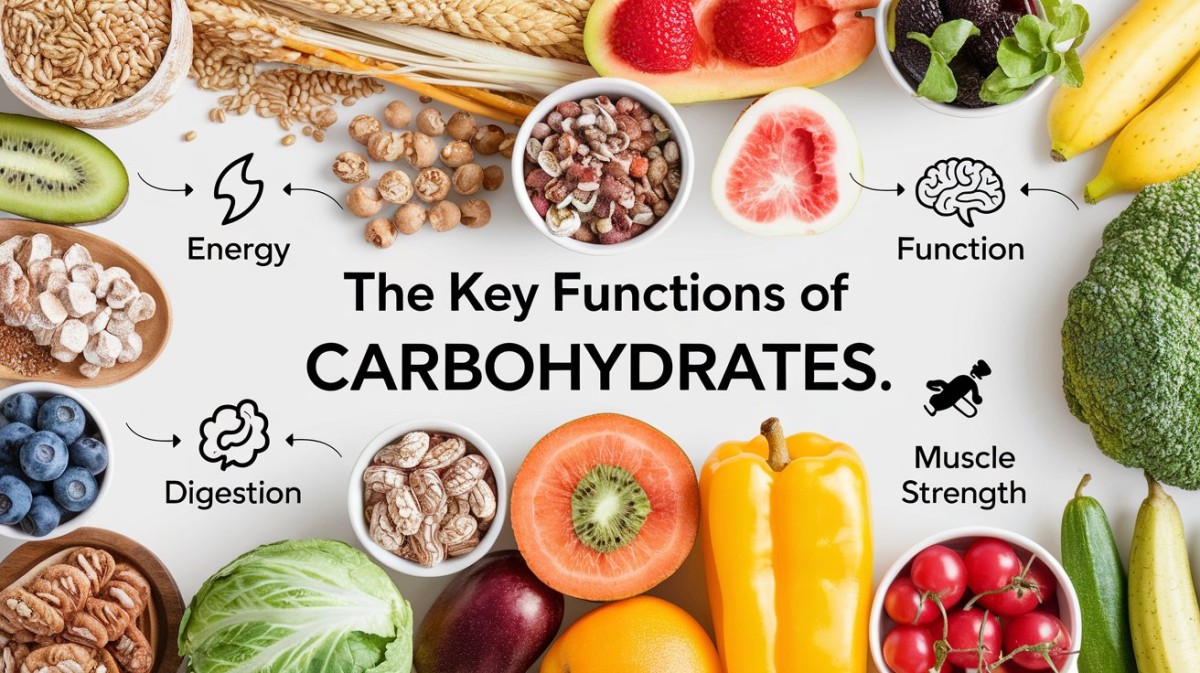Carbohydrates tend to be misunderstood, as certain diets encourage reducing or completely eliminating them. Carbohydrates perform important tasks in the maintenance of health and well-being. One of the three macronutrients along with proteins and fats, carbohydrates give your body energy, enhance brain function, facilitate digestion, and support the foundations of proper cell function.
This blog will examine the main roles that carbohydrates play, their importance for overall health, and the foods holding rich concentrations of this necessary nutrient.
What Are Carbohydrates?
Fruits, vegetables, grains, and dairy products have carbohydrates, which consist of sugars, starches, and fibers. Consumed carbohydrates break down into glucose, which is the principal energy resource for the body. Carbohydrates can be classified into three main types:
Simple Carbohydrates:
They are sugars including glucose, fructose (in fruits), and lactose (occurring in dairy).
Complex Carbohydrates:
In foods such as potatoes, whole grains, and legumes, you'll discover these, which require a longer time to break down.
Fiber:
A type of carbohydrate that’s key for digestion and overall health, but which the body doesn’t absorb.
1. Primary Source of Energy
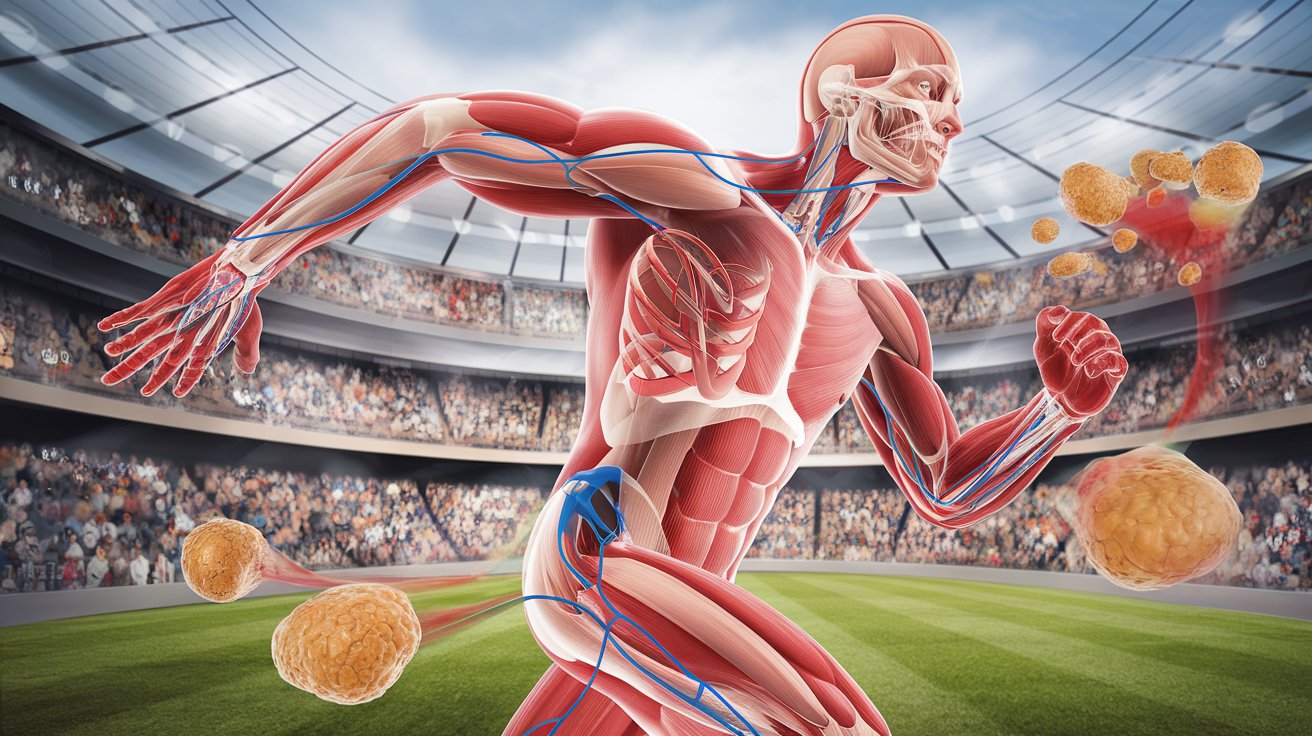
The role of carbohydrates of greatest importance is to furnish energy. Glucose is the fuel type the body most favors, since it breaks down from carbohydrates. When glucose makes its way into the bloodstream, it can serve as energy right away or remain stored in the muscles and liver as glycogen for a later need.
Carbohydrates play an important role during any kind of physical activity. Athletes, by way of example, use the intake of carbohydrates to stimulate their energy for both intense training and endurance competitions. Managing a low carbohydrate consumption can yield fatigue, a deficit in concentration, and reduced physical performance.
The body must turn to fats and proteins for energy when there isn’t enough carbohydrate. Although fats offer an alternative energy source, we should not regularly use proteins for energy since they have important roles in tissue building and repair.
2. Helps with Brain Function
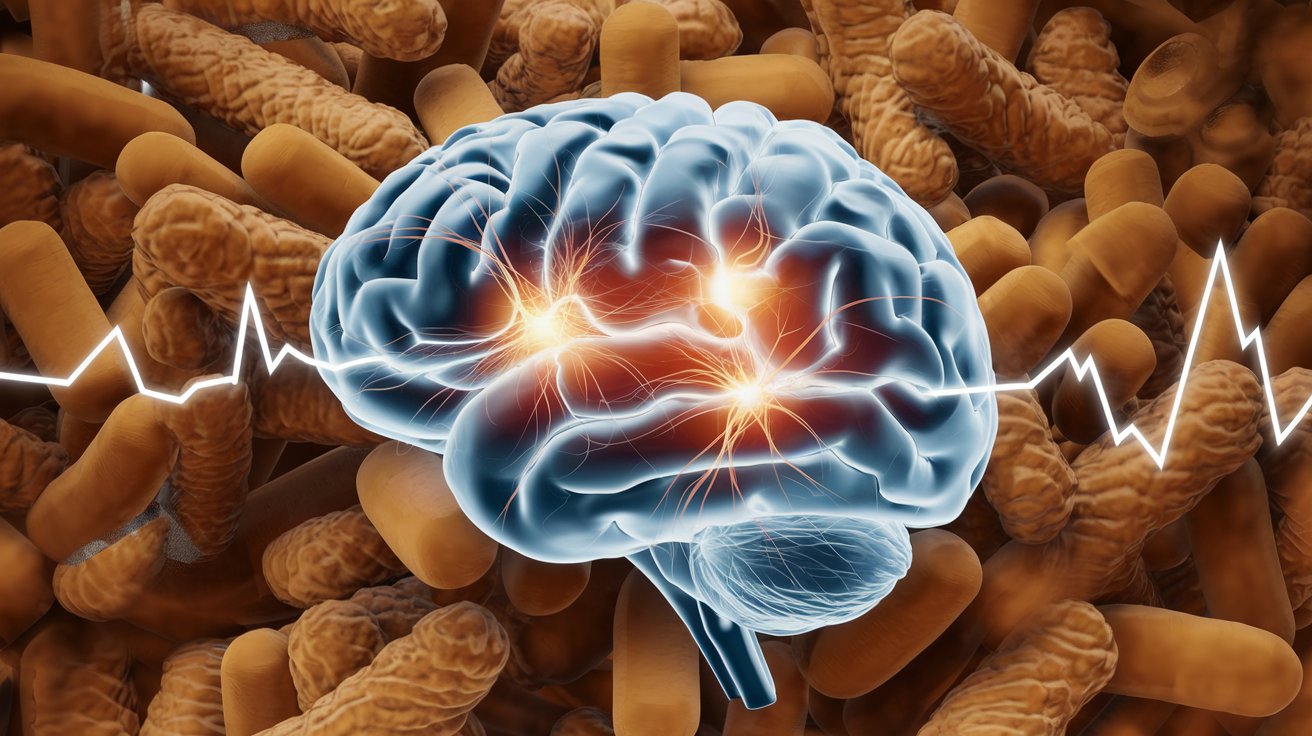
Brain health cannot function well without carbohydrates. The brain depends solely on glucose energy unless there’s a deficiency, at which time it starts using ketones from fat catabolism. Findings reveal that having an appropriate carbohydrate intake can boost memory, improve mood, and increase mental sharpness.
Reduced carbohydrate consumption could cause brain fog, problems with concentration, and varying mood swings. Consumption of complex carbohydrates, including whole grains and vegetables, can even out blood sugar levels, stopping the fluctuations in energy associated with simple carbohydrate eating.
3. Spares Protein for Muscle Maintenance

Carbohydrates have the key function of 'sparing' protein. When present in sufficient quantities, carbohydrates mean the body does not have to turn to protein for its energy needs. Such a design permits the protein to concentrate on its main responsibilities, like developing and repairing muscles, backing immune health, and keeping skin and hair healthy.
When carbohydrate levels are inadequate, the body might break down muscle tissue to change protein into glucose, which may lead to muscle waste and diminished physical strength. This explains why carbohydrates are so important during bodybuilding and in situations involving high levels of activity.
4. Supports Digestive Health
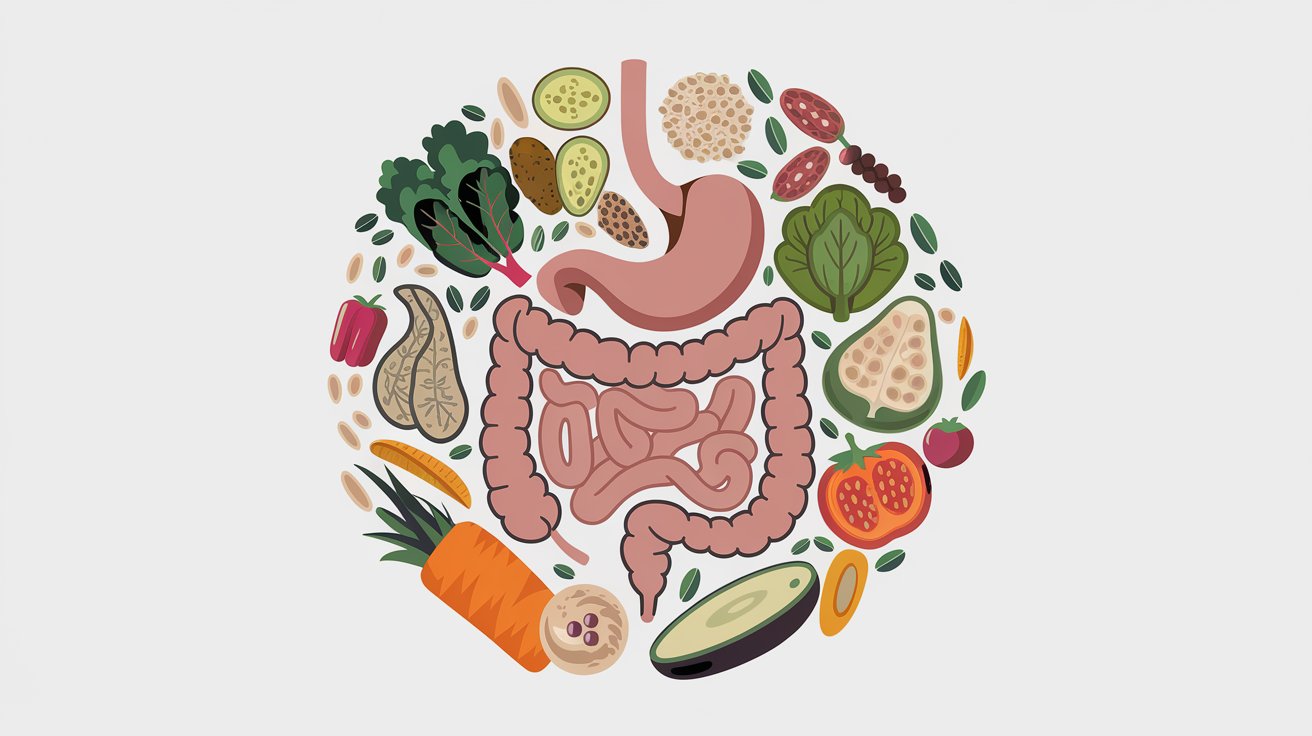
Plant-based carbohydrates such as dietary fiber, found in vegetables, fruits, and whole grains, play an important part in digestive health. By adding bulk, fiber makes it simpler for the body to move waste through the digestive system. This helps keep constipation at bay, alleviates the threat of gastrointestinal maladies including colon cancer, and improves gut health as a whole.
There are two types of fiber:
Soluble Fiber:
Turns into a gel-like substance when dissolved in water, which supports the reduction of cholesterol and blood sugar.
Insoluble Fiber:
Has the effect of increasing bulk in stool and helps with smooth movement of food through the digestive tract.
5. Regulates Blood Sugar Levels
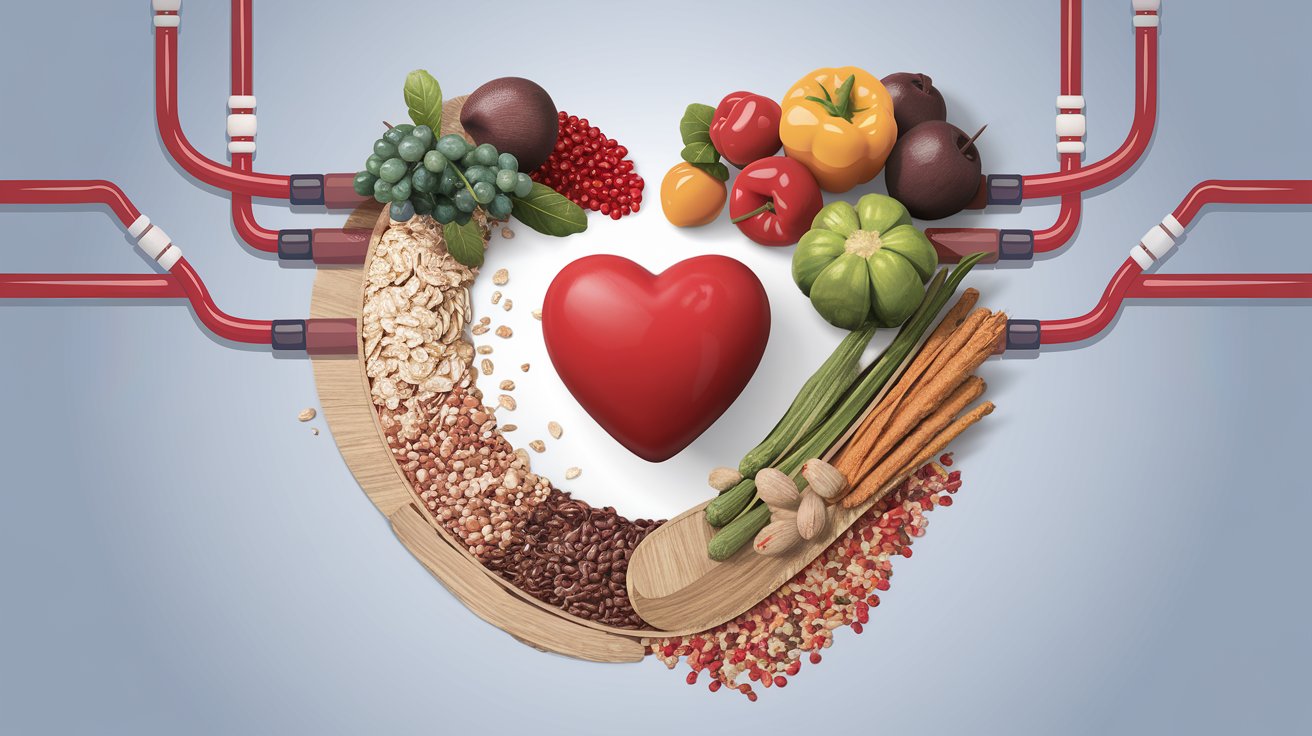
There is variation among carbohydrates. Refined grains and sugary snacks represent simple carbohydrates, which lead to quick increases and decreases in blood sugar, while complex carbohydrates deliver a sluggish but sustained supply of glucose into the blood. This serves to stop blood sugar surges and holds energy levels firmly in check.
Complex carbohydrates offer a lower glycemic index (GI), meaning they slower impact blood sugar levels and are thus a better choice for anyone with diabetes or insulin resistance. They assure that blood sugar levels maintain greater stability since morning till evening.
6. Promotes Heart Health
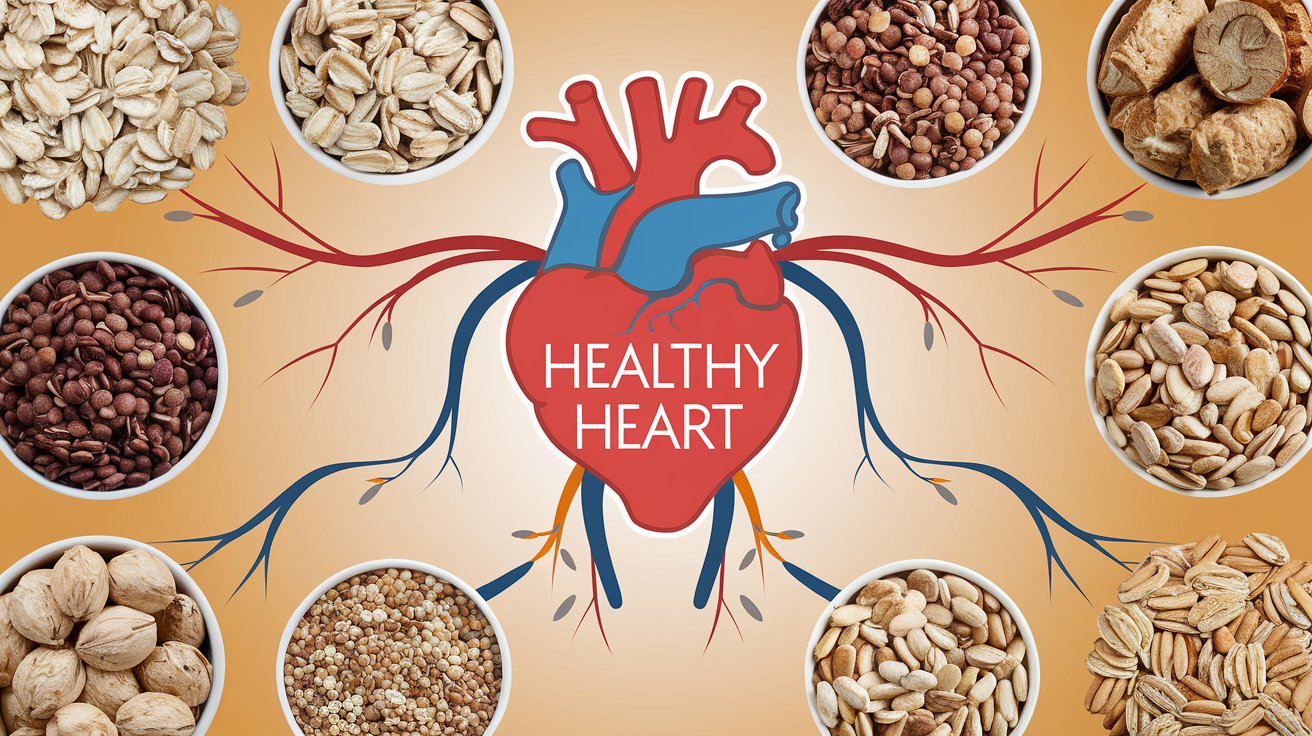
Particularly those high in fiber, some carbohydrates are beneficial to heart health. Fiber has proven to cut down the risk of heart disease by decreasing cholesterol and lowering blood pressure, all while helping maintain a normal weight. Foods high in fiber, including whole grains, fruits, vegetables, and legumes, are all capable of enhancing cardiovascular health.
The results indicate that a diet rich in both complex carbohydrates and fiber may help lessen inflammation, a danger factor linked to heart disease.
7. Prepares the Body for Physical Exertion
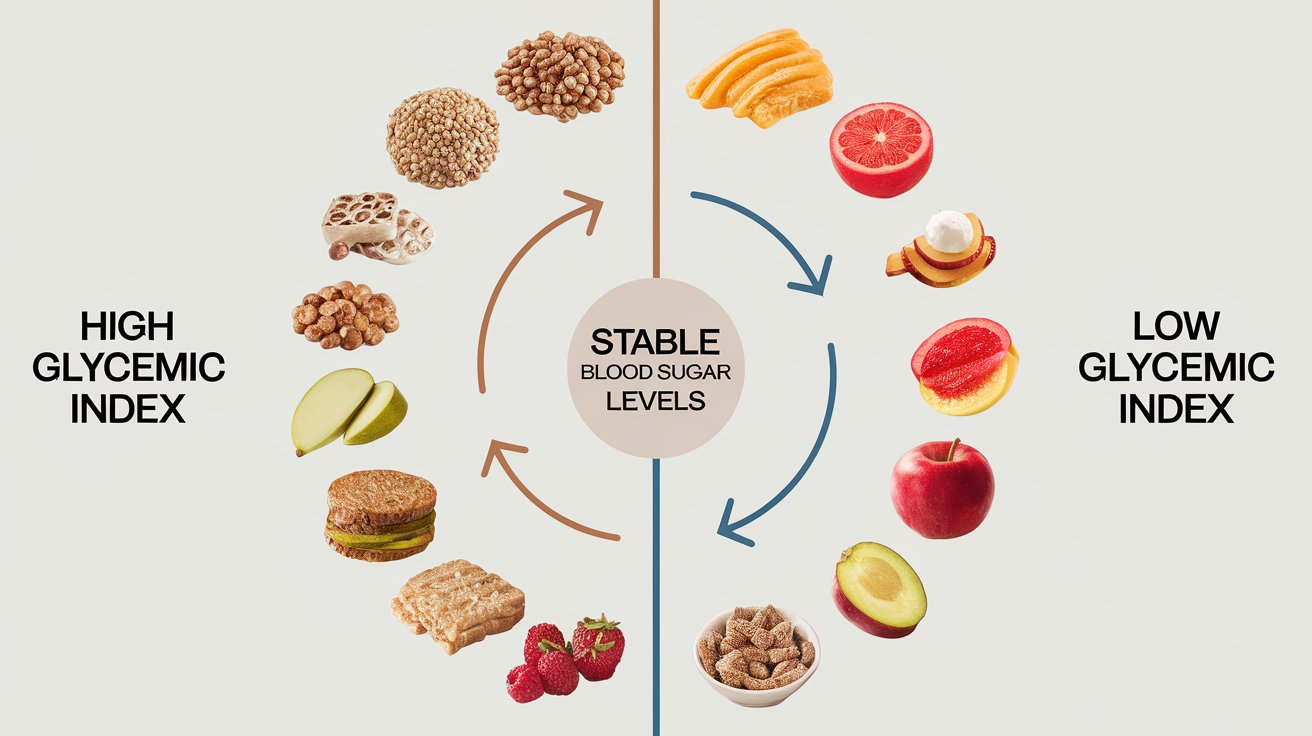
During training for enduring events, athletes usually load up on carbs to increase their glycogen reserves. Primarily stored in the liver and muscles, glycogen is the storage version of glucose. Building up glycogen helps muscles last during extended workouts.
Considering whether you're training for a marathon, cycling race, or a long workout, a diet rich in carbohydrates in the days preceding can improve both endurance and performance.
The Importance of Balance
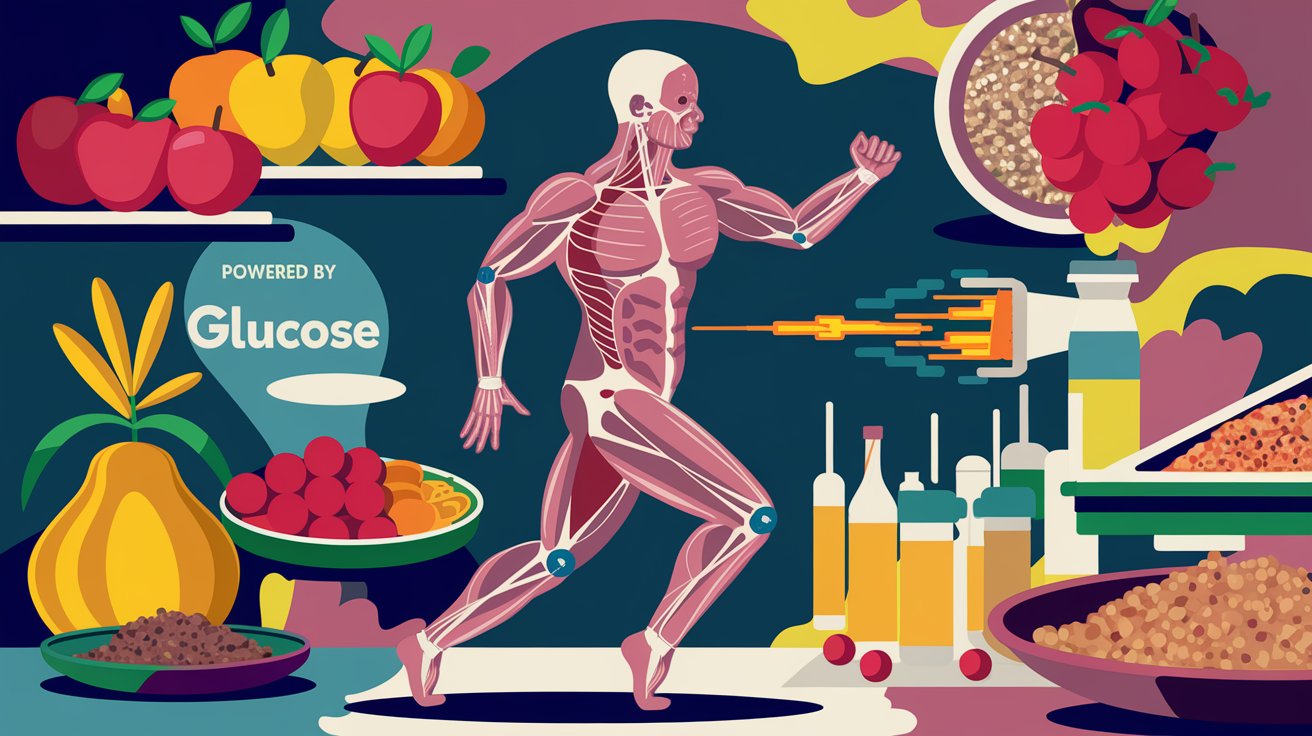
It is important to keep in mind that carbohydrates are critical, but their quality deserves our attention. Select whole grains, fruits, vegetables, and legumes instead of processed foods that have lots of added sugars and refined grains. Highly processed carbohydrates can cause sharp increases in blood sugar, result in intense hunger, and raise the risk of obesity as well as heart disease.
Keeping things in balance and moderation is the way to a healthy diet. Make sure you’re enjoying a mix of carbohydrate options and adding other macronutrients like protein and healthy fats.
Foods Rich in Carbohydrates
To help you make informed choices, here’s a table of common foods rich in carbohydrates:
Food |
Carbohydrate Content (per 100g) |
| Brown Rice (Cooked) | 25.45 g |
| Oats | 67.70 g |
| Sweet Potatoes | 20 g |
| Whole Wheat Bread | 41 g |
| Lentils | 20 g |
| Apples | 14 g |
| Bananas | 23 g |
| Quinoa | 21.3 g |
| Chickpeas | 61 g |
| Kidney Beans | 60 g |
| Broccoli |
7 g
|
| Milk | 5 g |
| Oranges | 12 g |
Conclusion
For energy, brain function, muscle retention, and overall health, carbohydrates are important. Ignore the idea of cutting them from your diet and, instead, aim to include unprocessed whole carbohydrate sources to fuel your body well. Adequate carbohydrates, proteins, and fats in your diet can help you maintain constant energy levels, a robust heart, and superior physical performance.
